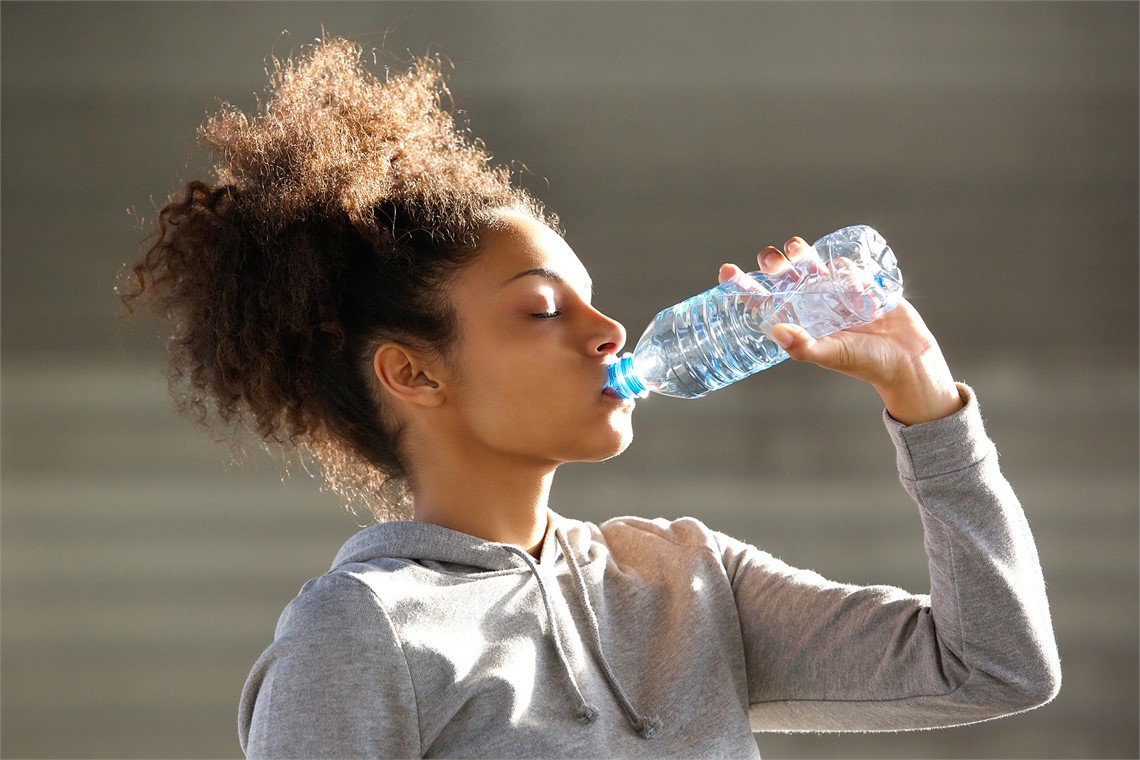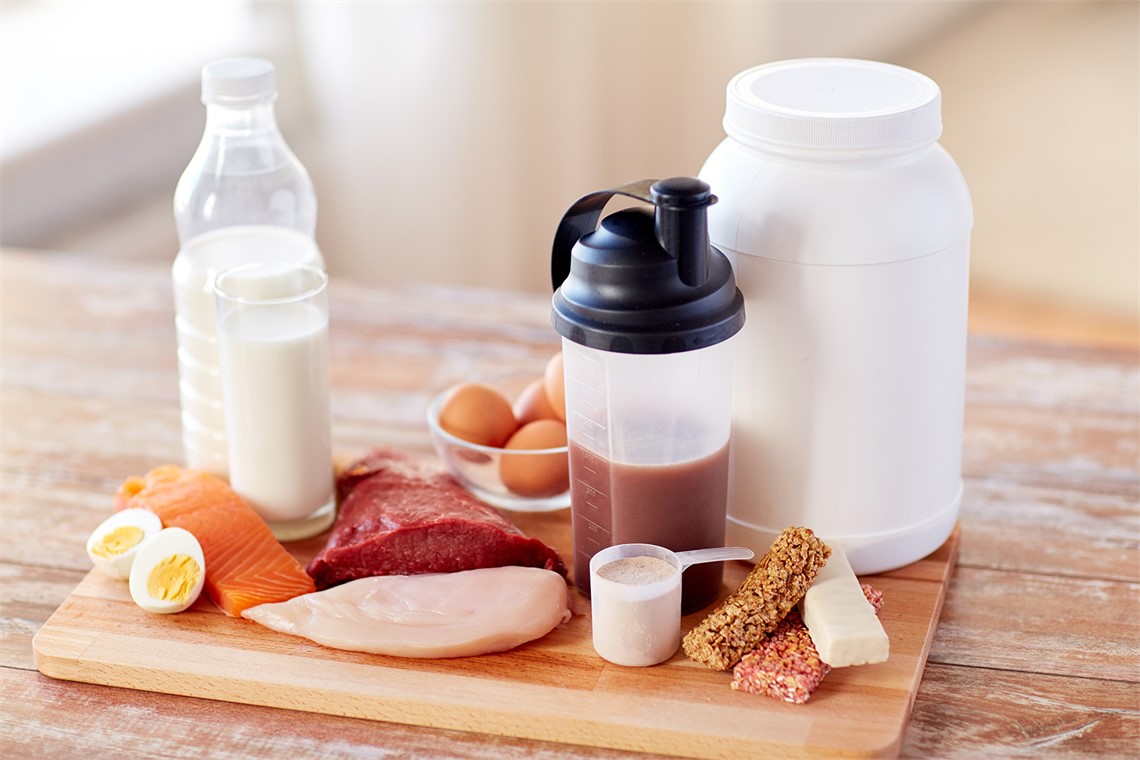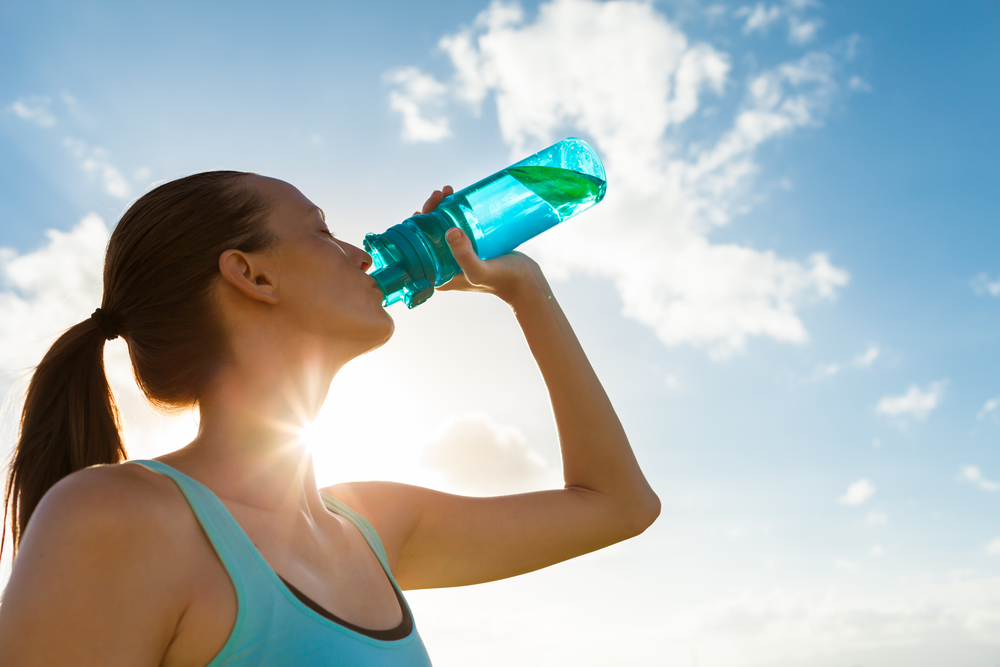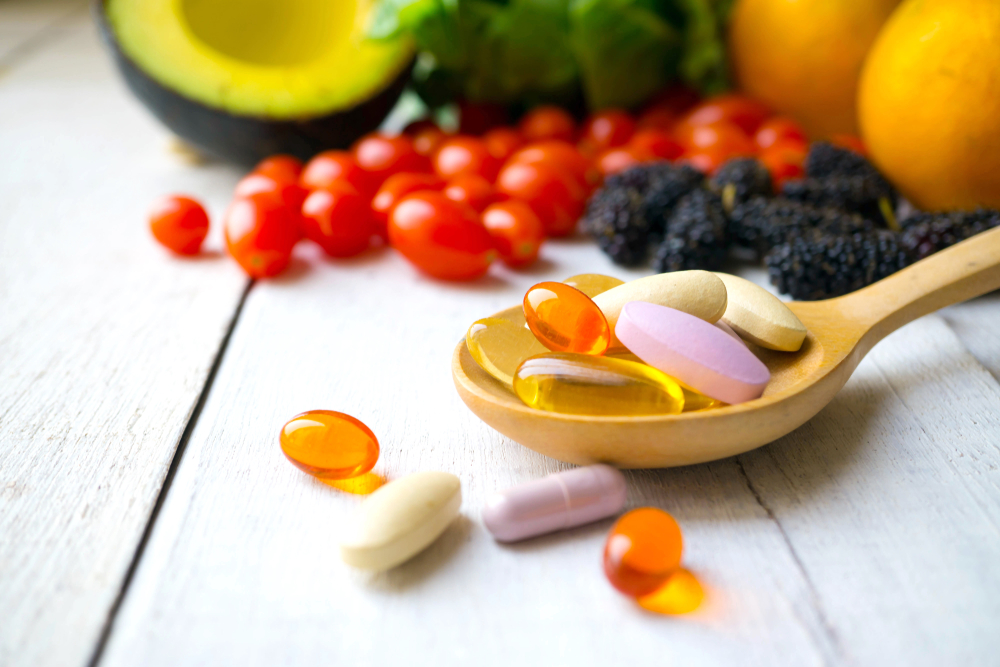Training for a 2019 Sanlam Cape Town Marathon event? With all the distance you need to cover, fatigue may seem like a given. There may however be modifiable medical factors contributing to your fatigue, so visit your doctor for tests and advice, says Fedhealth Dream Chasers dietician Andrea du Plessis.
Did you know?
Low blood pressure and iron deficiency, common causes of fatigue, may be aggravated by running training. Individuals who are fatigued due to these factors, may feel like they scored the best energy boost ever simply by having their blood pressure and iron levels corrected!
Blood pressure
- What: Normal blood pressure levels are 120/80 mmHg. Low blood pressure can make one feel lightheaded, or create a sensation of tiredness, without any actual low energy levels or fatigue.
- Why: Your circulatory system consists of a closed system of blood vessels, with the heart pumping blood around your body. Adequate pressure is needed for sufficient distribution of blood to the muscles and brain. In cases of low blood pressure, insufficient oxygen reaches these parts of the body, causing a sensation of physical and mental fatigue.
- Where tested: Blood pressure can be tested at your nearest pharmacy, clinic or medical practice.
- What next: If your blood pressure is low, ask your doctor for recommendations. If no medication is required, the following may help to normalise low blood pressure:
- Fluid: dehydration is known to accentuate low blood pressure. Make sure to increase fluid intake on training days, particularly on warm days, with an extra 500ml – 1.5 litres per day.
- Salt: losing salts through perspiration could further contribute to low blood pressure, as these salts (electrolytes such as potassium and sodium) are needed for the absorption and retention of fluids into the body cells and systems. Replenish your salt losses by taking electrolyte sources such as Rehydrat, sports drinks, or from natural sources: tomato juice, celery, dried guava roll, raisins, molasses syrup, bananas and potatoes.
- Caffeine: Caffeine increases blood pressure, which is why it should be taken with caution by people with hypertension. Individuals with low blood pressure are likely to experience a spike in their perceived energy levels after a strong dose of caffeine (+50mg), from a strong cup of coffee or a caffeinated energy boosting drink or sports supplement enriched with caffeine. Just remember: what goes up, must come down… caffeine is therefore not your new best friend.
Iron
- What: Iron forms part of haemoglobin, the oxygen-carrier in your red blood cells. A deficiency of iron causes anaemia, which is known to cause fatigue. There are different types of anaemia, which is why a comprehensive iron screening test is required, including serum iron, ferritin and transferrin levels.
- Where tested: Iron or haemoglobin levels can be tested at your GP practice, most advanced healthcare clinics and selected pharmacies with clinics. Comprehensive screenings can be done at a pathology laboratory, by prescription from your medical doctor.
- What next: Based on your results, your doctor will indicate whether medical treatment is needed, or whether conventional iron supplementation would suffice. Dietary sources of iron include red meat, organ meats, pilchards, and vegetarian options include raisins, molasses syrup, spinach and other dark green leafy vegetables.
For more information, visit capetownmarathon.com or for any nutrition related questions, contact Andrea du Plessis on 084 403 6018, email andreaduplessis28@gmail.com or go to www.facebook.com/andreaduplessis.nutrition.expert
DISCLAIMER: The information on this website is for educational purposes only, and is not intended as medical advice, diagnosis or treatment. If you are experiencing symptoms or need health advice, please consult a healthcare professional.


























